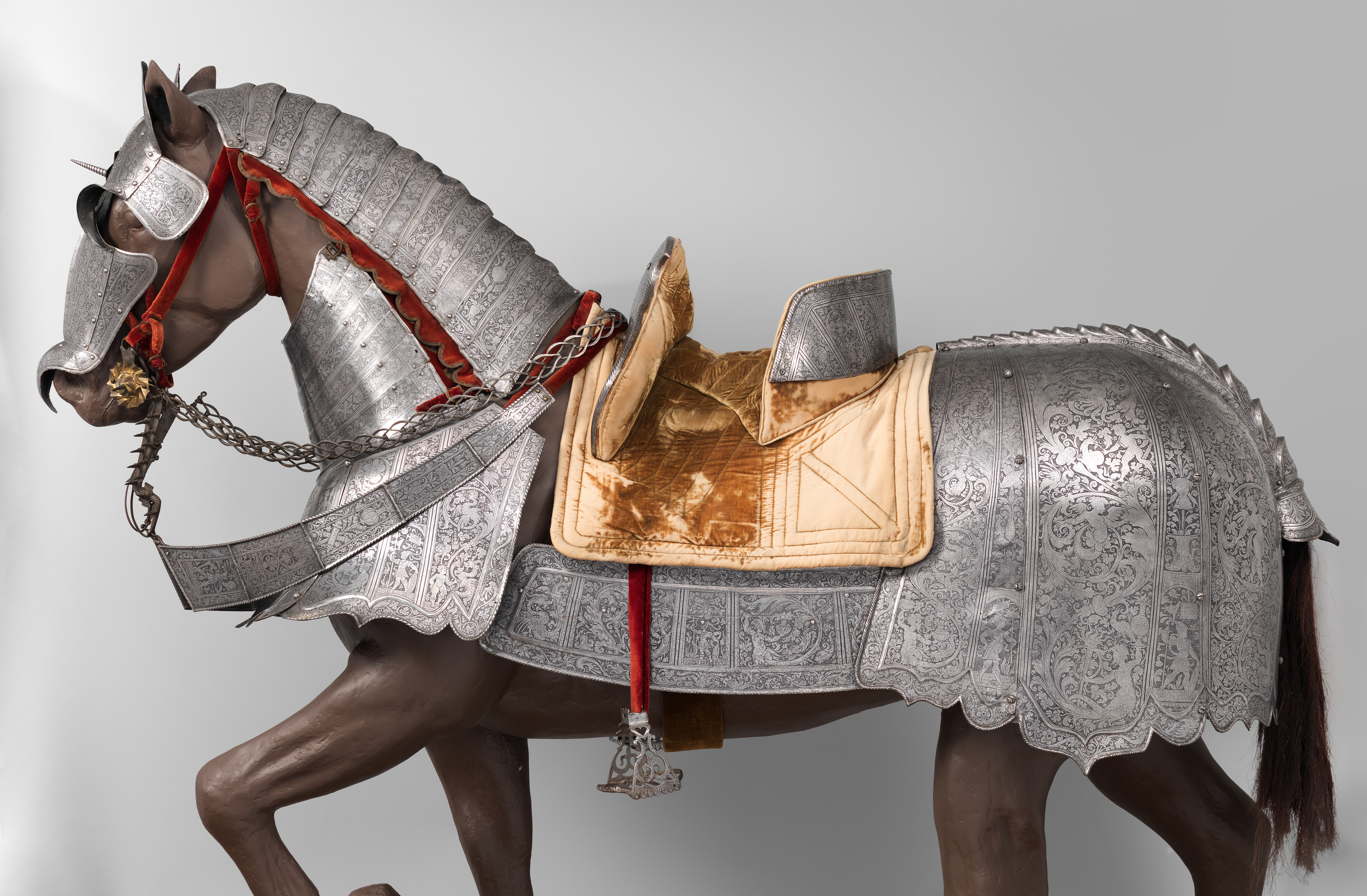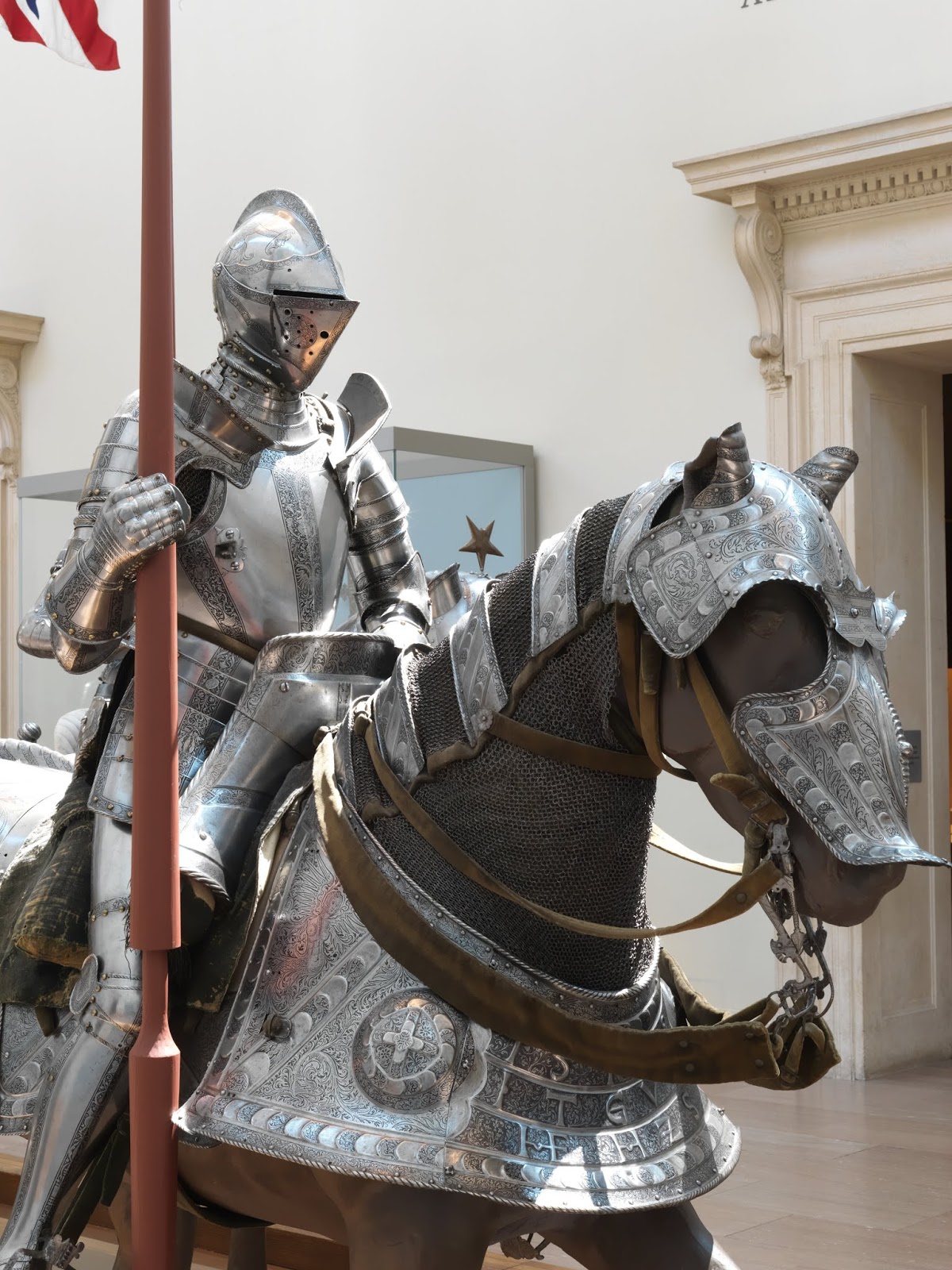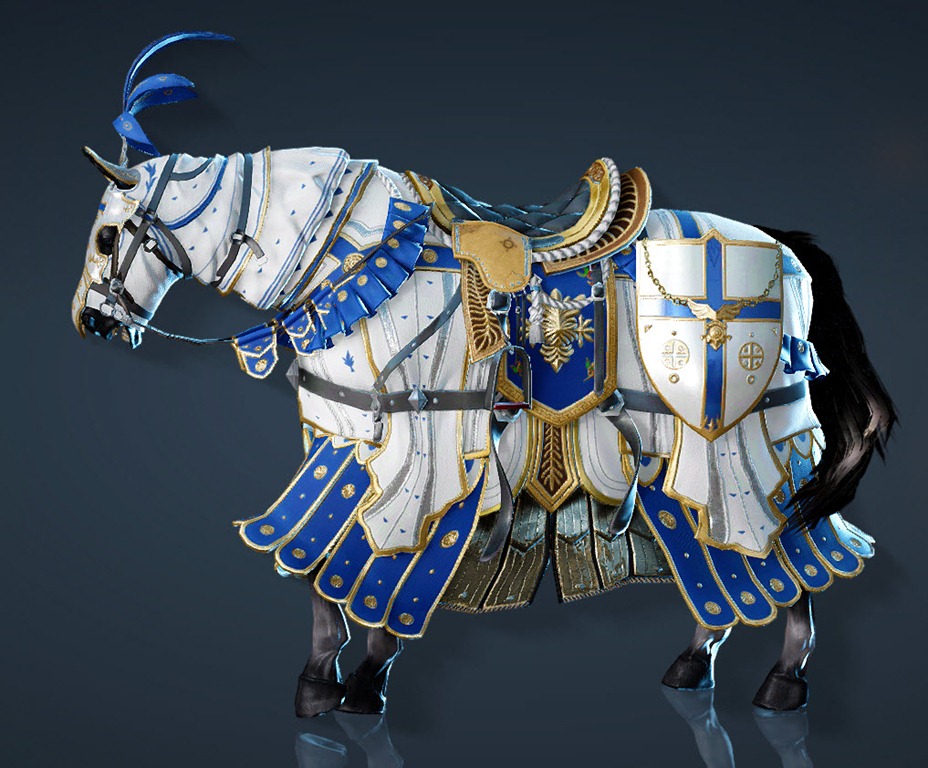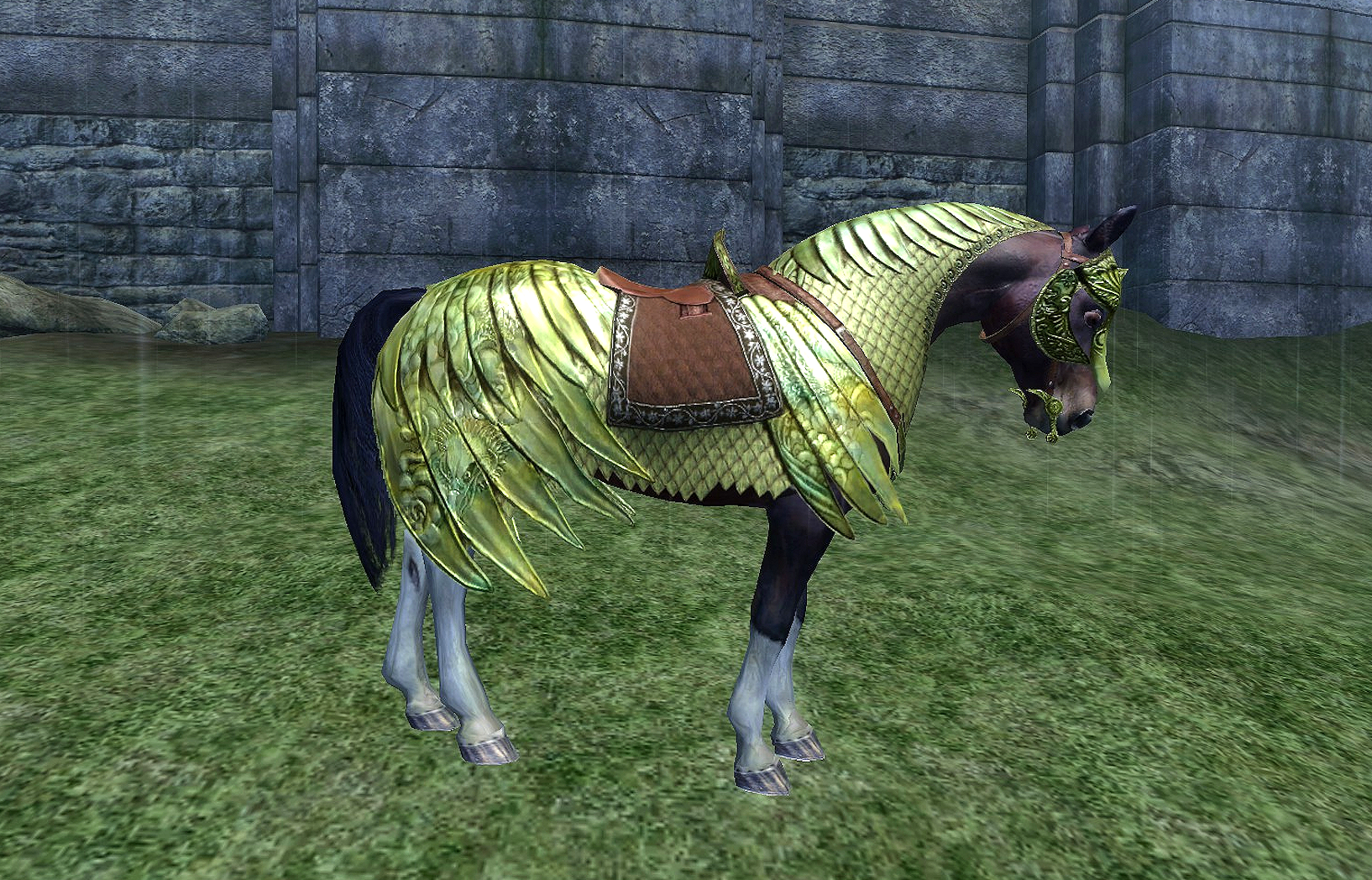
The Evolution of Horse Armor
Horse armor, also known as barding, has a long and fascinating history. It dates back to ancient times when horses were first domesticated for military purposes. In the beginning, horse armor was simple and mainly consisted of leather or cloth coverings. However, as warfare advanced and new threats emerged, the need for more robust protection became evident.

The Rise of Metal Horse Armor
With the invention of metalworking techniques, the development of metal horse armor became possible. This marked a significant milestone in the history of equestrian warfare. Metal armor offered superior protection against swords, spears, and arrows, ensuring the safety of both the horse and its rider on the battlefield.

The Functionality and Design of Horse Armor
Horse armor was designed to cover vital areas of the horse's body, such as the chest, neck, and sides. It consisted of various components, including plates, chains, and padding. Each piece was carefully crafted and assembled to provide maximum protection without hindering the horse's mobility.

The Symbolic Value of Horse Armor
In addition to its practical purpose, horse armor also had symbolic value. It served as a status symbol, representing the wealth and power of its owner. Elaborately decorated armor showcased the owner's prestige and played a significant role in ceremonial events and parades.

Horse Armor in Medieval Times
During the medieval period, horse armor reached its peak in terms of design and craftsmanship. Knights and nobles heavily invested in equipping their horses with the finest armor available. These suits of armor were often adorned with intricate engravings and heraldic symbols, reflecting the owner's family lineage.

The Decline of Horse Armor
As firearms became more prevalent on the battlefield, the effectiveness of horse armor started to diminish. Guns and cannons could penetrate even the thickest armor, rendering it less useful in combat. Furthermore, the high cost of producing and maintaining horse armor made it less feasible for armies to equip their cavalry with full suits.

Horse Armor in Modern Times
Although horse armor is no longer widely used in warfare, it still holds a place in certain ceremonial traditions and historical reenactments. The craftsmanship and artistry of horse armor continue to captivate enthusiasts and historians alike, preserving the legacy of this ancient practice.

The Significance of Horse Armor Today
While horse armor may not have practical applications in modern warfare, its historical significance cannot be denied. It serves as a reminder of the ingenuity and resourcefulness of our ancestors, who sought to protect and enhance the capabilities of their noble steeds.

Conclusion
Horse armor has come a long way since its humble beginnings. From simple leather coverings to elaborate metal suits, it has evolved alongside the changing needs of warfare. Though no longer a staple of contemporary battles, horse armor remains an enduring symbol of the bond between humans and their equine companions.